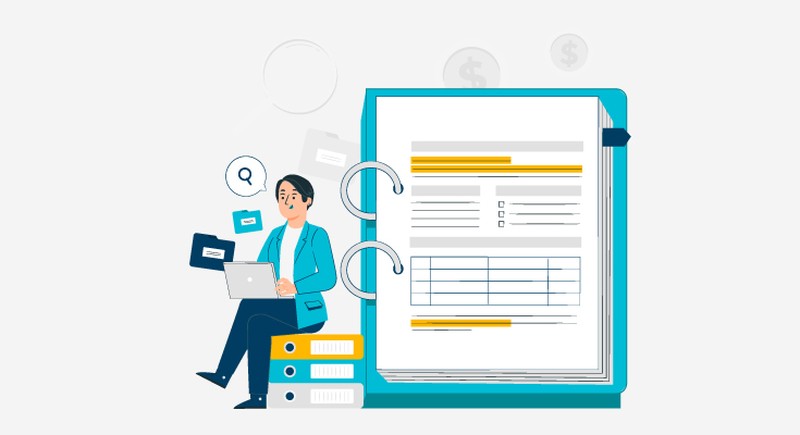If you’re self-employed, securing a mortgage can feel like navigating through a maze. For self-starters and small business owners, bank statement mortgage loans offer a smarter way to secure funding minus the frustrating red tape.
We’re talking mortgages that work with bank statements, not tax forms, to get a clear picture of your income. This lending approach accommodates the various financial strategies of self-employed individuals, giving lenders the necessary faith in their repayment capabilities. Traditional mortgages can be a closed book for many people, but loans with higher interest rates offer a more accessible route—even if it means paying a bit more over time.
Eligibility Criteria for Self-Employed
To qualify for self-employed bank statement mortgage loans, you need a clear financial picture. You must show 12 to 24 months of bank statements, both personal and business. These documents help lenders understand your cash flow trends over time.
Instead of tax returns or W-2s, these statements serve as proof that you can afford a monthly mortgage payment despite the complexity of self-employed income structures. Self-employed individuals often face challenges in qualifying for traditional mortgages due to variable incomes and extensive write-offs on tax returns aimed at reducing taxable income levels—yet demonstrating sufficient cash flow remains vital. Bank statement loans cater specifically to this group by focusing on actual banking transactions rather than conventional income verification methods.
If you’re an entrepreneur, freelancer, or business owner with consistent cash flow, you could pursue homeownership via this alternative financing route. This allows you to maintain tax benefits associated with running your operation efficiently.
Advantages of Bank Statement Loans
Self-employed individuals and those with irregular income streams often find bank statement loans to be a godsend, as they offer a number of appealing benefits. Break free from traditional mortgage constraints with these flexible options, which accept a broader range of credit scores, debt-to-income ratios, and down payment amounts. This means even if your clients don’t have perfect credit or a big down payment saved up, they might still qualify for a mortgage.
While interest rates on these loans can be slightly higher, they remain competitive. Plus, lenders may work with borrowers on the terms because of the detailed financial information bank statements provide. With less paperwork required compared to standard mortgages, these loans are processed faster—a crucial advantage in hot real estate markets where speed is key to securing a home purchase.
For many would-be homeowners who find regular mortgages unreachable due to their unique financial situations; bank statement loans open doors that were previously closed offering them an opportunity not only to buy property but also build equity over time.
Documentation Required for Application
When applying for a bank statement mortgage loan, self-employed individuals must submit 12 to 24 months of bank statements. These documents are critical as they allow lenders to evaluate your average monthly income and assess your repayment ability. Unlike traditional loans that often rely heavily on tax returns or W-2 forms, this approach is designed with the fluctuating incomes of freelancers and entrepreneurs in mind.
It accommodates those who might not have consistent paychecks but demonstrate healthy cash flows into their accounts. This flexibility makes it easier for you if conventional documentation requirements pose a challenge due to irregular income patterns or significant business deductions.

